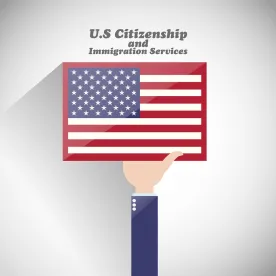In a surprising and welcome development to U.S. employers, USCIS today announced that employers filing E-3 visa petitions on behalf of Australian nationals will have the option of requesting premium processing when requesting a change or extension of status to E-3.
The E-3 visa for Australian professionals became law in 2005. Currently a maximum of 10,500 are available each year, but, unlike the H-1B cap, the E-3 limit has never been reached. This makes it an attractive visa alternative for Australians, especially when H-1Bs are not available.
E-3 visas allow Australian nationals to enter the United States to perform work in a specialty occupation, as long as the beneficiary has a bachelor’s degree or its equivalent in the relevant field. The supporting documentation must include, among other things, a Labor Condition Application like those required for H-1Bs.
The E-3, like the TN visa for Canadians and Mexicans, is known as a “fast track” visa because an individual may apply for an E-3 directly at a Consulate abroad – without filing a Form I-129 with USCIS. But in these days of COVID-19, applying at a Consulate abroad may not be practical when the new hire is already in the United States. So, having the ability to premium process a case likely will come in handy even with the additional USCIS filing fees – including the $2,500 premium processing fee.
This premium processing announcement is the second step USCIS has taken to make E-3 visas more equivalent to other nonimmigrant visas. The first step was in 2016, when USCIS clarified that E-3 nonimmigrants (like other nonimmigrants) have up to 240 days of continued automatic employment authorization with the same employer beyond their current expiration date if the employer timely files an extension of stay request.
Last October, in a Continuing Resolution, Congress announced that new visa benefit types would become eligible for premium processing. The new benefit types included EB-1 petitions for multinational executives and managers, EB-2 petitions for those seeking national interest waivers, applications to change nonimmigrant status to F, J, or M, applications to change or extend status as the dependent of an E, H, L, O, P, or R visa holder, and applications for employment authorization. These are not yet in effect and will not go into effect until USCIS issues regulations setting out the specific fees and adjudication times. The E-3 visa was not included in that list, but perhaps the extension of premium processing to E-3 visas will lead to more announcements.




 />i
/>i

